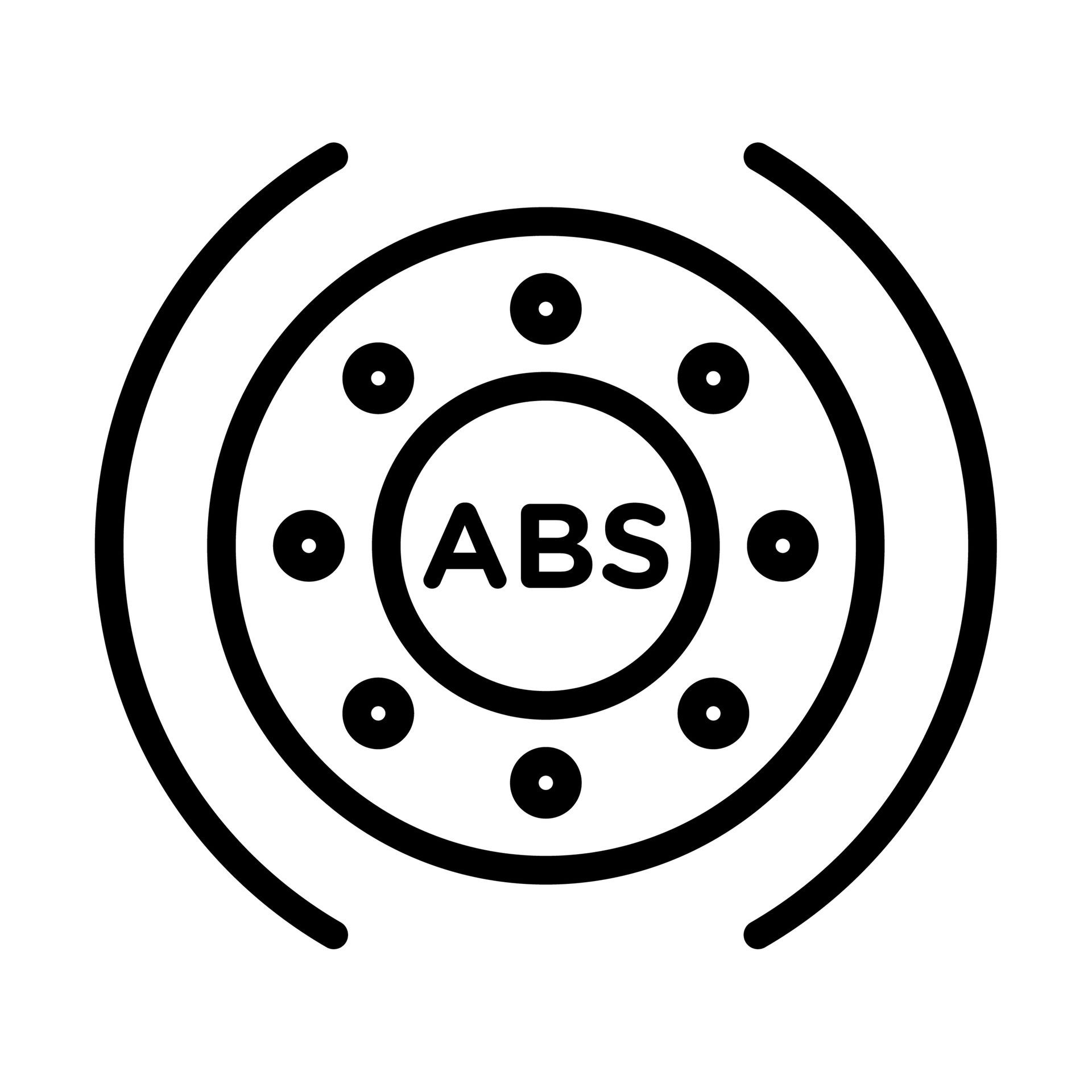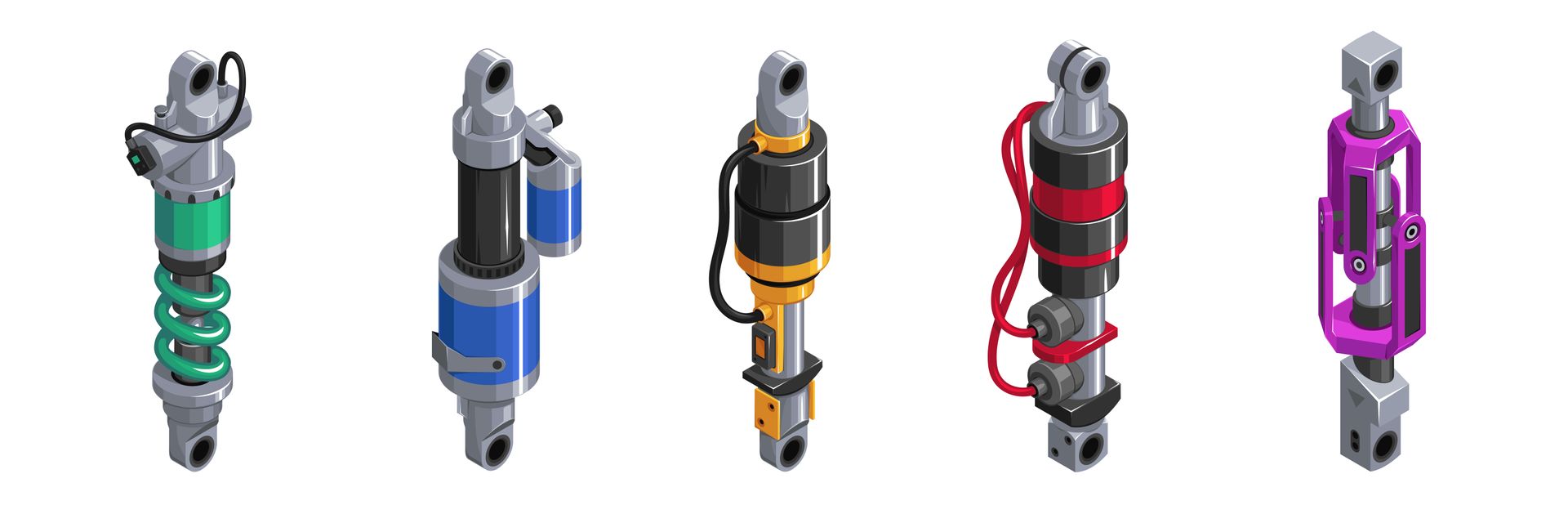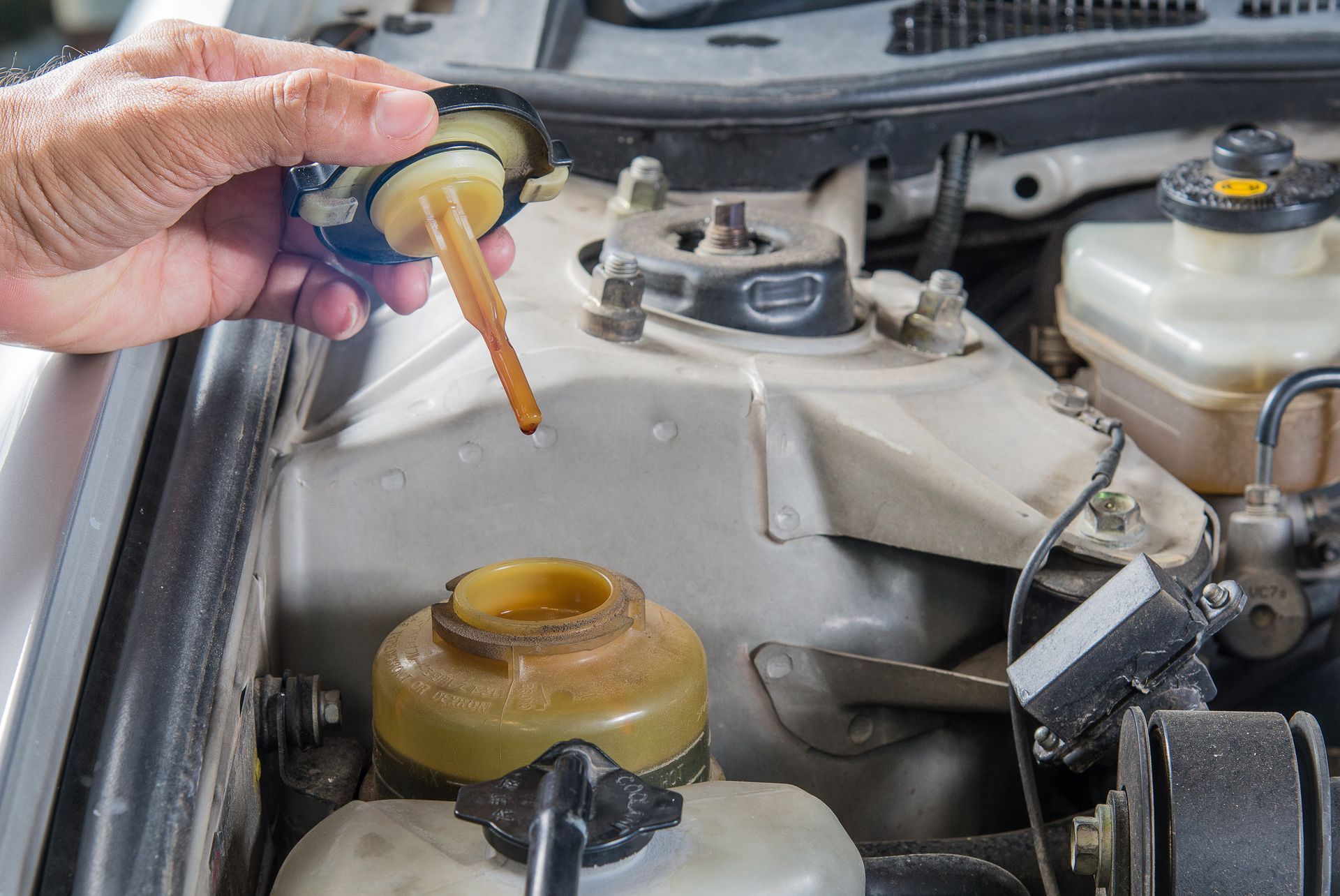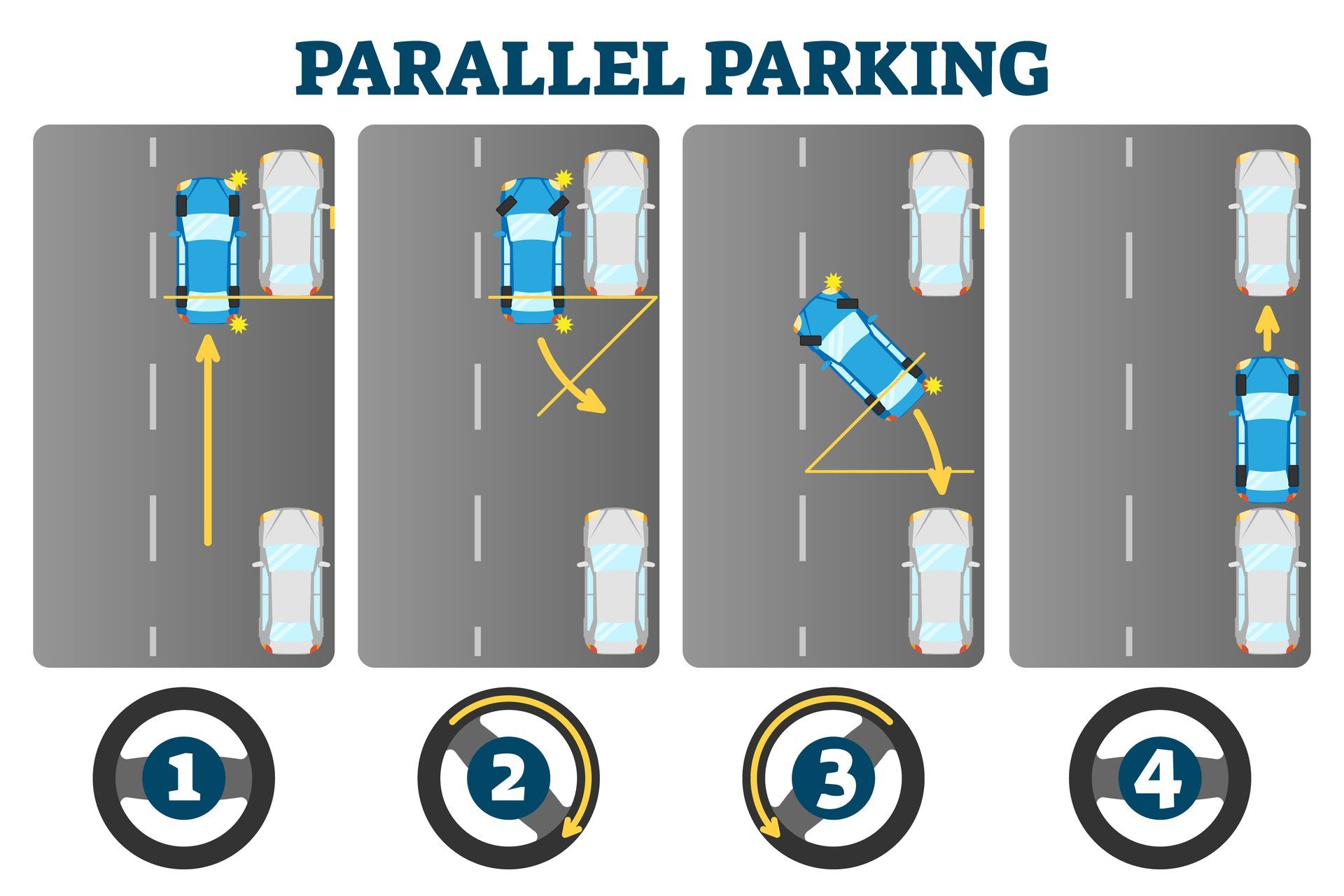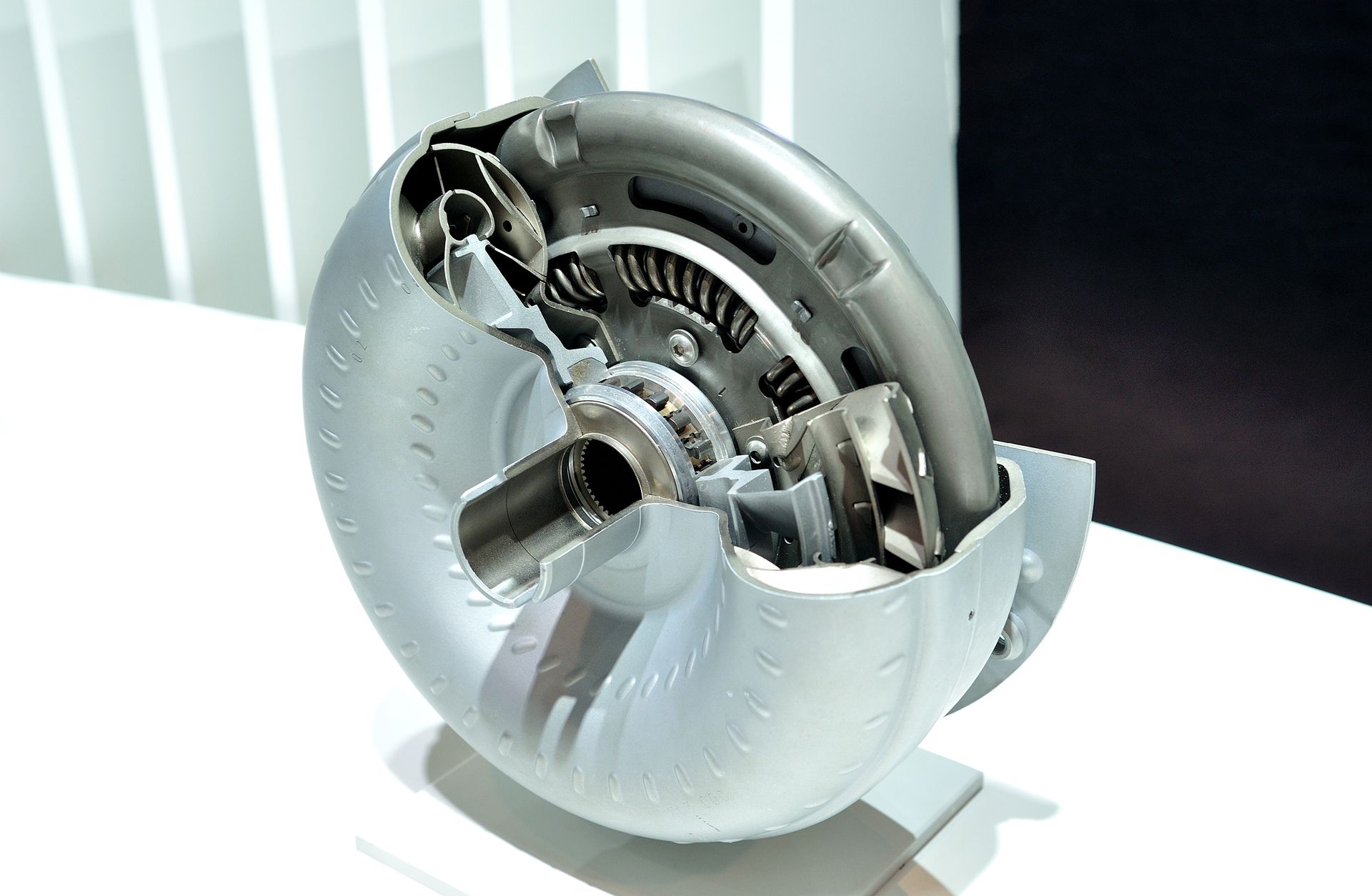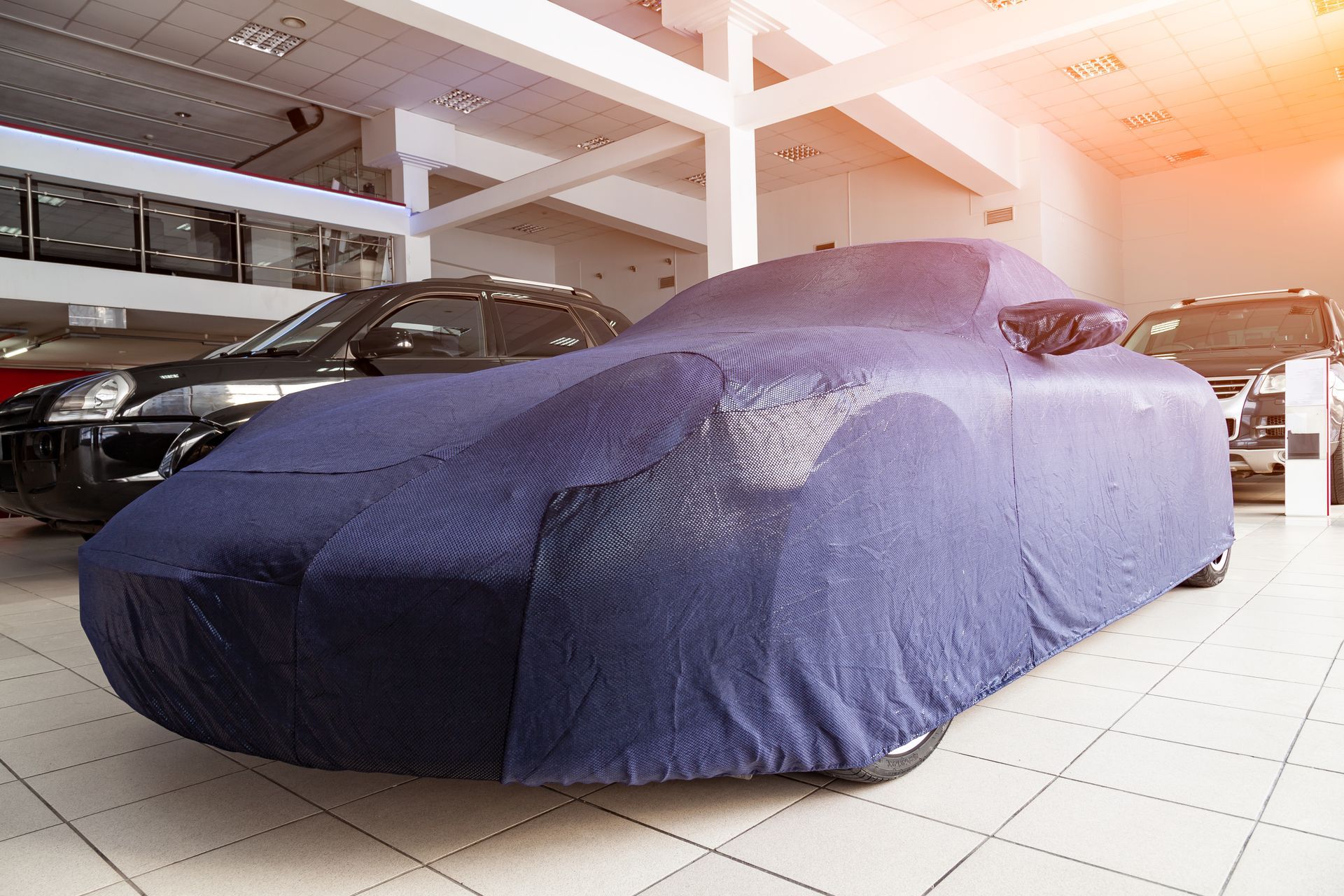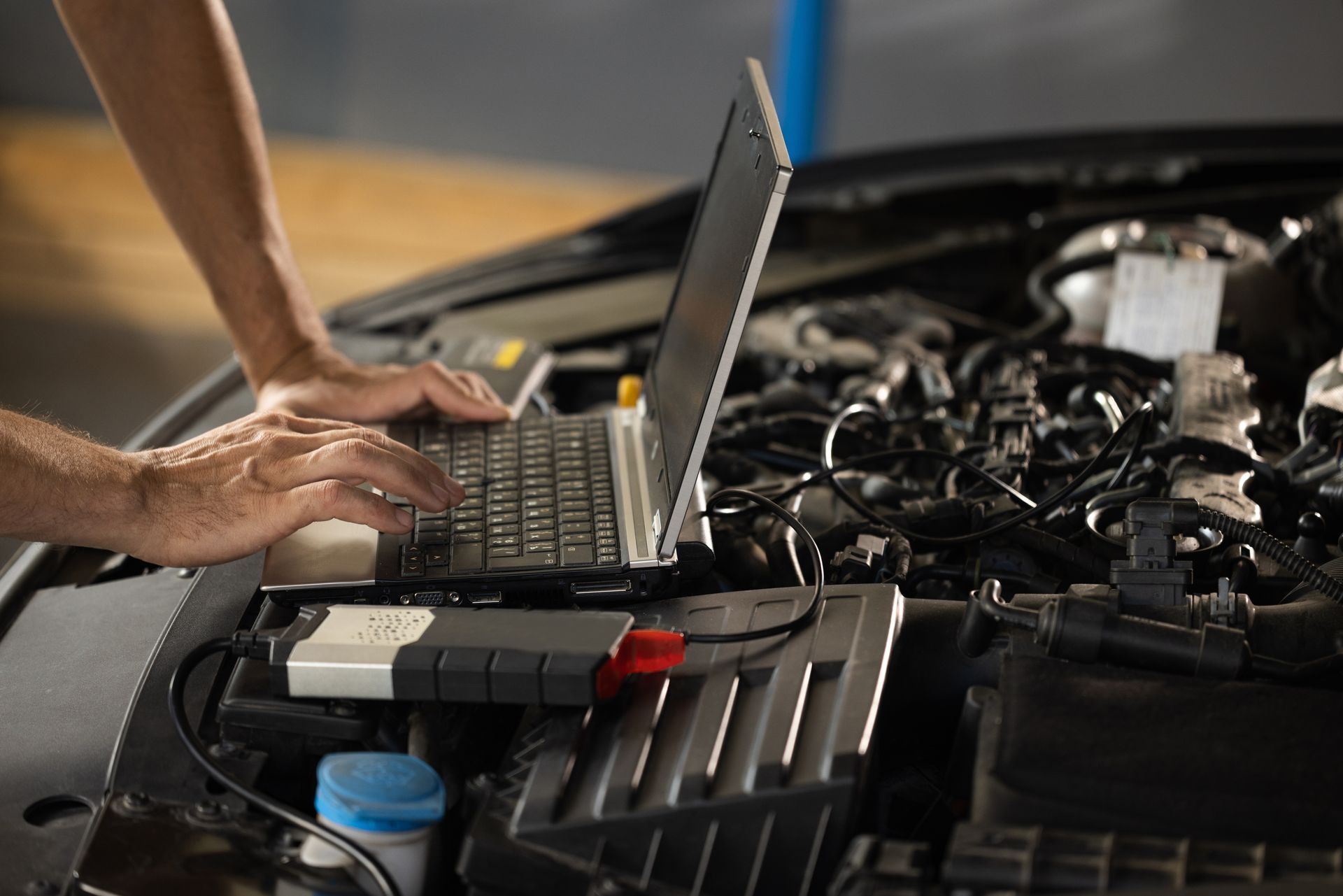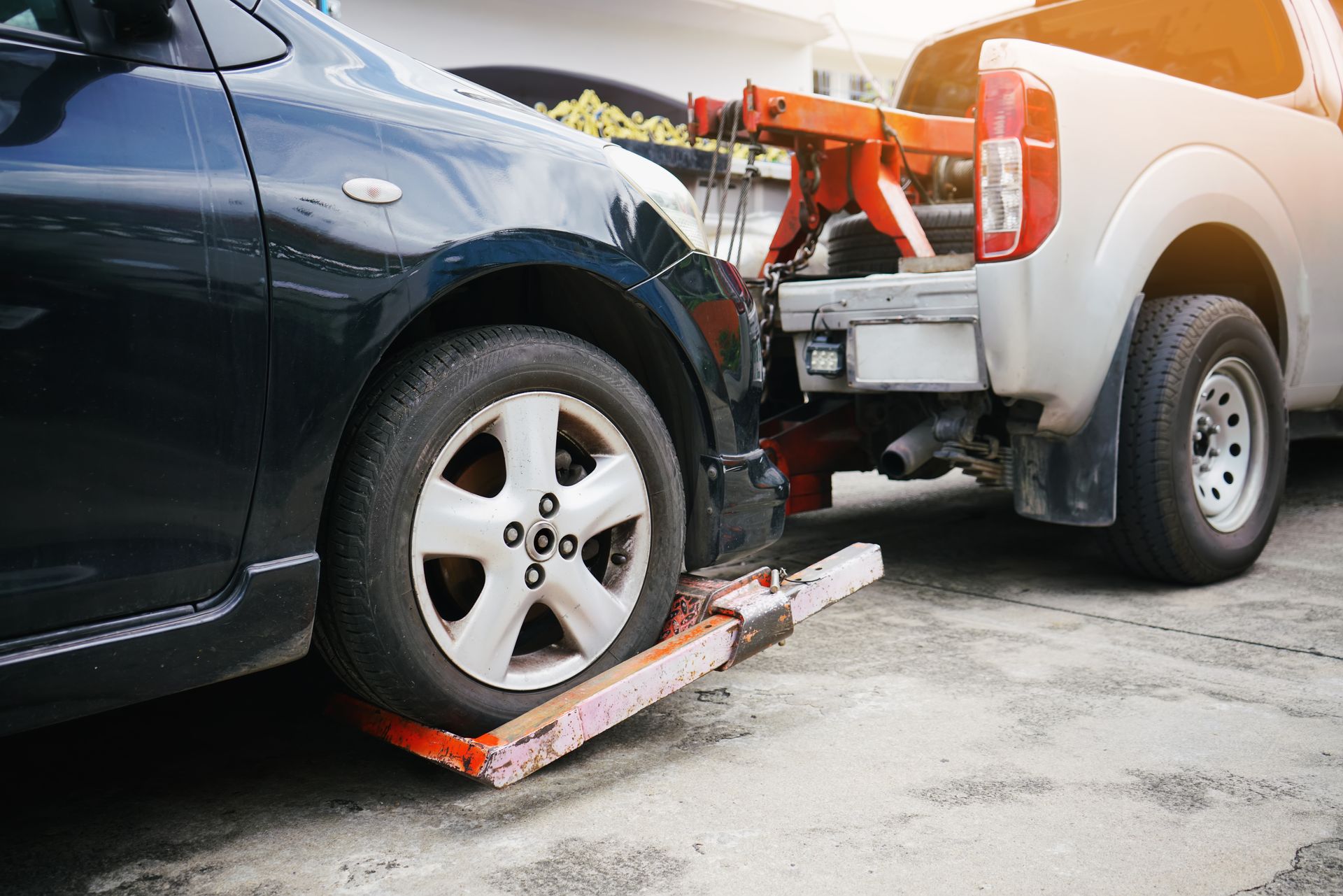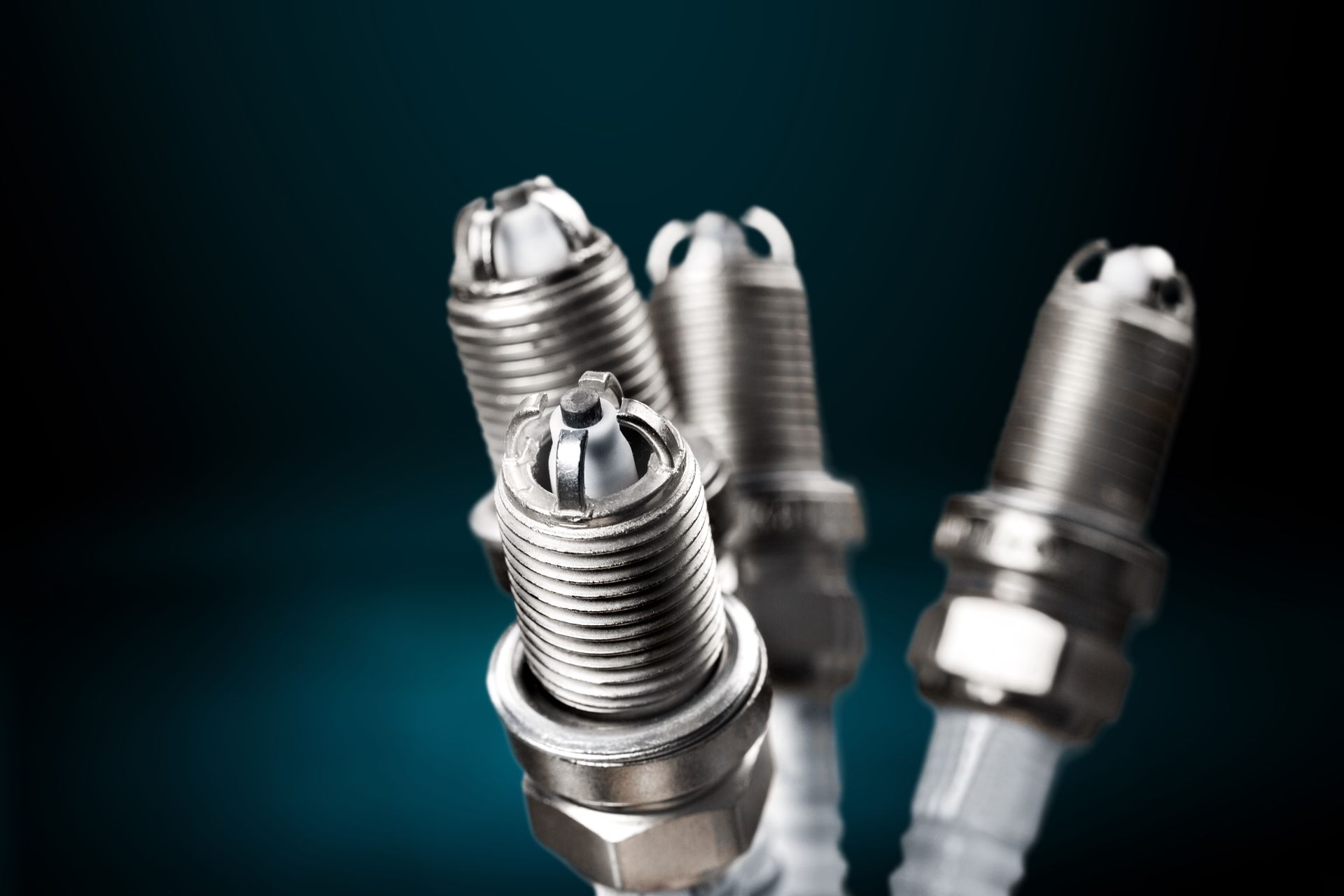Loading ...
Missing business hours data / Error occurred while getting the data.
Loading ...
Missing business hours data / Error occurred while getting the data.
HOW OFTEN SHOULD I HAVE MY BRAKE PADS REPLACED?
March 14, 2024
Any mechanic will tell you that there is no set mileage that will determine how often you need to replace your brake pads but generally they are changed after around 50,000 miles. A mechanic can check the lining for thickness for a clearer picture of the health of your brake pads. Pads, when new, are 12 mm so when they are in the 3 mm to 4 mm range, they are due a change.
Signs Your Brake Pads Need To Be Replaced
Unless you bring your car to an auto repair shop, you may not be able to tell when your brake pads need replacing. However, there are some signs that will point to your brake pads being in bad repair.
- A scraping or squealing noise on braking
- The car jittering or shuddering when you press on the brakes
- Sparks coming from your brakes
All the above signs are a cause for immediate concern as it means that the grippy material of the pad has, or is about to, run out. This puts you in a very dangerous position should you need to brake suddenly or at a higher speed.
What Can Cause Brake Pads to Wear Faster?
Brake pads can be worn down by factors other than just mileage, such as the examples below:
- Driving Habits — Your driving habits have a major effect on the lifespan of your brake pads. If you are in the habit of coming to sudden and abrupt stops, then you may be accelerating the decline of your brake pads.
- Environmental Factors — City driving is harder on brakes than country driving due to the stop-start fashion in which people drive in urban areas. Mountainous areas can also wear out pads as you are more likely to ride the brakes to control your speed downhill.
- Material of the Brake Pad — Standard metal brakes wear down quicker than carbon-ceramic brakes. The latter is found more predominantly in more expensive, high-performance sports cars.
For peace of mind and to have your brake pads assessed, bring your vehicle into our auto repair shop today!
Loading ...
Missing business hours data / Error occurred while getting the data.
Having Trouble Finding Us?
Loading ...
Missing nap lines data / Error occured while getting the data.

